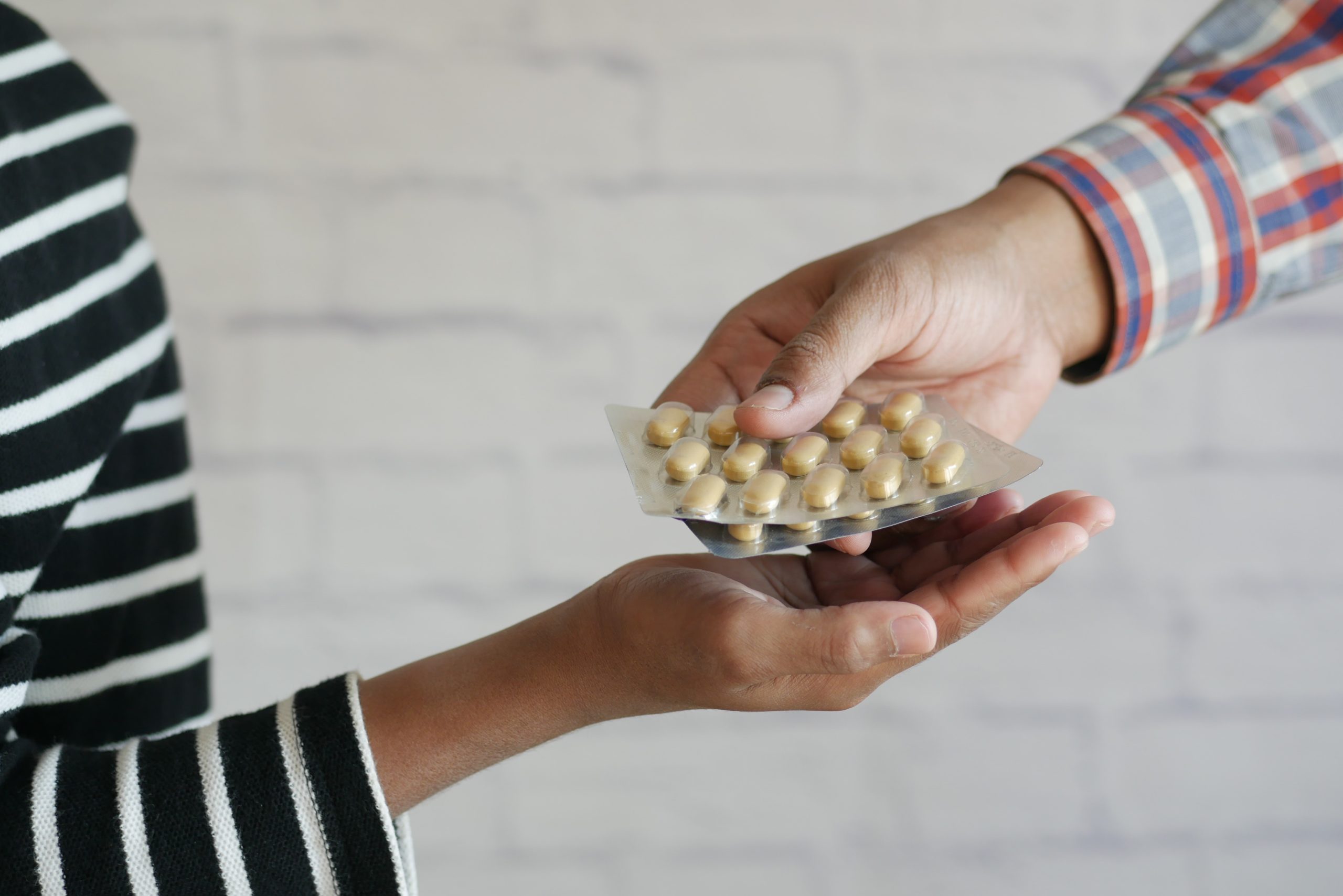
Naltrexone is a medication commonly used to treat alcohol dependence and opioid-use disorders. Researchers have also found that a low dose of naltrexone could be helpful in many other ways, such as helping with pain relief, chronic fatigue, and inflammation.
However, there are several things you should avoid when taking low-dose Naltrexone (LDN). This article gives detailed information about what might influence or affect the success of this medication. To learn more about what to avoid when taking LDN, contact our clinic today to schedule a consultation with Dr. Jacobson.
Low-dose naltrexone refers to smaller, daily dosages of naltrexone that indicate paradoxical properties such as analgesia and anti-inflammatory agents used to combat substance addiction. This medication is commonly administered in capsule form, liquid, cream, or tablet.
LDN is not addictive and will not cause withdrawal symptoms when you stop using it. This medication is available through prescription, and is used in conjunction with many programs such as counseling, support groups, behavioral techniques, and other treatment methods recommended by healthcare providers.
LDN treatment begins after you are no longer dependent on opioids. How long you take this medication depends on the narcotic you take, how long you take it, and the quantity. It is imperative to talk to your doctor if you are still having withdrawal symptoms before you start taking low-dose naltrexone and, if you begin this treatment, what to avoid.
When on LDN, taking drugs could cause it to be less effective. You might experience unexpected side effects, so it is crucial to let Dr. Jacobson know if you are taking or planning to take any other medications while using LDN. The medications to avoid while on low-dose naltrexone typically include:
In some cases, your doctor could advise a change of dose or other necessary precautions, or your doctor might decide not to prescribe this medication for you.
When using low-dose naltrexone for alcohol disorders, it is advisable to refrain from consuming alcohol or using related illegal substances. Ideally, you should also avoid drinking during the two weeks before starting naltrexone treatment for alcohol-related disorders.
Heavy drinking could affect the outcome of naltrexone detoxification, which could lead to severe side effects, such as nausea and vomiting. This might make naltrexone treatment ineffective.
If you are not currently drinking alcohol, naltrexone could be effective and help you remain sober. For this reason, your doctor can only give you naltrexone if you have stopped drinking alcohol or using illegal substances.
You should not use naltrexone until after you complete a doctor-supervised opioid withdrawal, which might last for one or two weeks, depending on the opioid you are taking. Your doctor will advise you about the specific time period for opioid withdrawal. It is necessary to take this step to avoid undergoing an experience that would require hospitalization.
If you have been using long-acting opioids, which are potent drugs with prolonged time to elimination, your detoxification period might last longer. If you try to use a large dose to bypass the opioid blocking, you might suffer a severe injury, overdose, coma, or even death. For this reason, informing Dr. Jacobson of any recent opioids before you use naltrexone is imperative.
Healthcare treatments are constantly evolving as new conditions and solutions emerge. This is why you should not use medication before speaking with an experienced doctor. During a private consultation, Dr. Jacobson will discuss with you what to avoid when taking low-dose naltrexone (LDN).
If you are looking for trustworthy advice from a seasoned wellness doctor, look no further. Dr. Jacobson has extensive experience and knowledge about naltrexone and will advise you accordingly. Contact us to schedule a consultation.